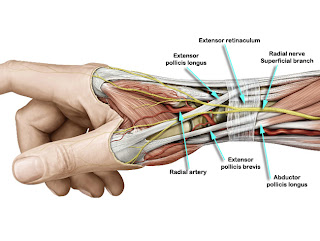Nutritional Ignorance in Doctors : 5 quotes & many queries
NUTRITIONAL IGNORANCE IN MEDICINE
Site from which it is taken: http://universalwisdom.ph/nutrition.html
1. Quote: To be honest, I knew next to nothing about nutrition or nutritional supplements. In medical school I had not received any significant instruction on the subject. I was not alone. Only approximately 6 percent of the graduating physicians in the United States have any training in nutrition. Medical students may take elective courses on the topic, but few actually do. The education of most physicians is disease-oriented with a heavy emphasis on pharmaceuticals – we learn about drugs and why and when to use them.
Ray Strand, MD, What Your Doctor Doesn’t Know About Nutritional Medicine
May Be Killing You, Nashville: Thomas Nelson, 2002, page 5
2. Quote: Why don’t more doctors pay enough attention to nutrition? Because they’re not comfortable with it. They almost certainly never studied it in medical school. Your own physician probably never took a single course in nutrition! Even today, nutrition is a required course in only 25 percent of medical schools. It is still an elective in the rest, and that’s not enough to really get into the subject or to impress future doctors with its importance. So, over the years, the medical establishment has left the matter of diet to health food enthusiasts, many of whom they view as “nuts.”
Isadore Rosenfeld, MD, Doctor, What Should I Eat?,
New York: Warner, 2000, page xvi
3. Quote: Another reason why doctors seldom consider nutrition when treating patients is their lack of knowledge in the field. Medical schools have provided a shockingly inadequate education in basic nutrition for doctors. A recent investigation by a Senate subcommittee revealed that the average physician in the United States receives less than three hours of training in nutrition during four years of medical school and that less than 3 percent of the licensing exam questions are concerned with nutrition. Because of this deficiency in training, few doctors will understand or encourage any interest you may express in nutrition. Many actually feel threatened when questioned on the subject.
John McDougall, MD, 1983, The McDougall Plan, New Win, page 7
4. Quote: Although the American Cancer Society, the National Cancer Institute, the American Heart Association, the National Academy of Sciences, the American Diabetic Association, and the U.S. Surgeon General have since reached the conclusion that diet is a leading cause of death and disease, little more is taught about nutrition to medical students now than when I was trained more than twenty years ago.
John McDougall, MD, 1990, The McDougall Program, New York: Plume, page 97
5. Quote: Virtual omission of any instruction in nutrition in the medical curriculum is a glaring defect in the training of doctors. In my four years at Harvard Medical School and one year of internship, I received a total of 30 minutes of nutritional instruction. There has been little improvement since I graduated. When I was in school, medical doctors were quick to brand as a quack anyone who argued that diet could be a risk factor for cancer. It is now generally accepted that high-fat, low-fiber diets, especially those high in meat and low in vegetables, predispose people to cancer.
Andrew Weil, MD (Harvard) in Family Guide to Natural Medicine,
Pleasantville, New York: Reader’s Digest, 1993, page 12


Comments
Post a Comment